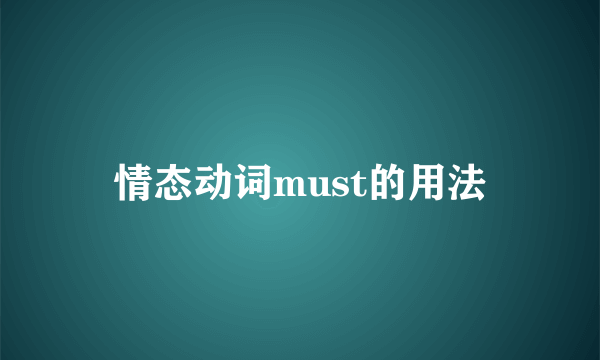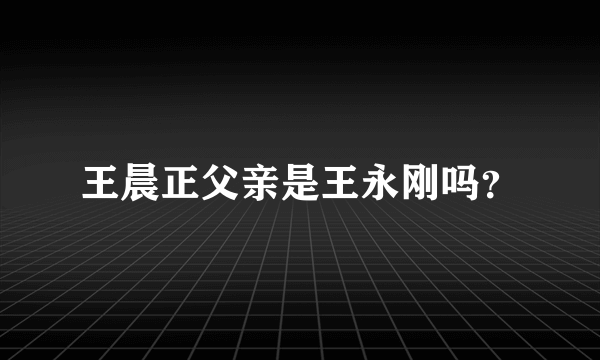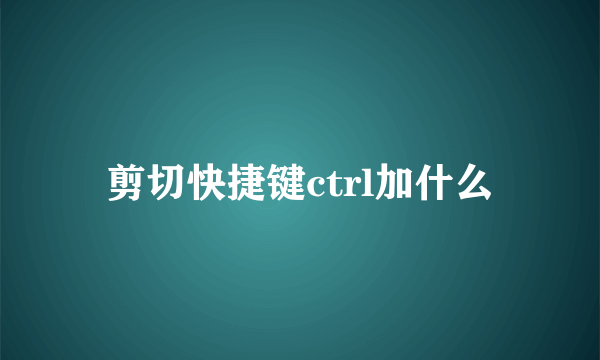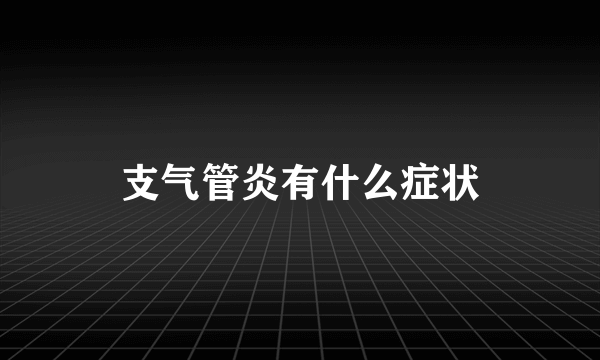
一、表示必须
1.must表示必须,多指现在或将来的情况,强调说话者的主观语气,即说话者认为有必要或有义务做某事。对其一般疑问句的肯定回答用must,否定回答用needn't或者don't have to。
例句:Everyone must take notes in Professor Li's class.
每个人都必须在李教授的课上仔细记笔记。
例句:——Must I finish the work tonight?
——Yes,you must.
——No,you needn't/don't have to.
2.must与have to的区别
(1)must多表示依说话者或听说话者而定的义务,强调主观性,而have to多表示来自“外界”的义务,强调客观性。
例句:I know I must study hard.(主观意愿)
例句:She has to stop the car and wait for the policeman.(客观情况)
(2)must只有现在时一种形式,而have to有多种时态形式。
(3)must的否定式为mustn't,意为“不准,不许”,而have to的否定式为don't have to,意为“不必”,相当于needn't。
例句:——Hurry,Mum!The bus is coming.
——Wait a minute,dear.You mustn't cross the street until the traffic lights are green.
二、表示推测
must表示推测时,指有把握的、有根据的推测,只能用于肯定句。可以对现在(注:对现在情况的推测用“must+动词原形”)、过去(注:对过去情况进行推测时用must have done)或将来的情况进行推测。
例句:(1)——Excuse me,whose book is this?
——It must be John's.It has his name on it.
(2)The two boys look very much alike.They must
be twins.
三、表示偏要、偏偏
在疑问句中must可以用来表示一个人较强烈的感情。
例句:(1) Why must you find another job while you have got one?
(2) Why must it rain on Sunday?
标签:must
















